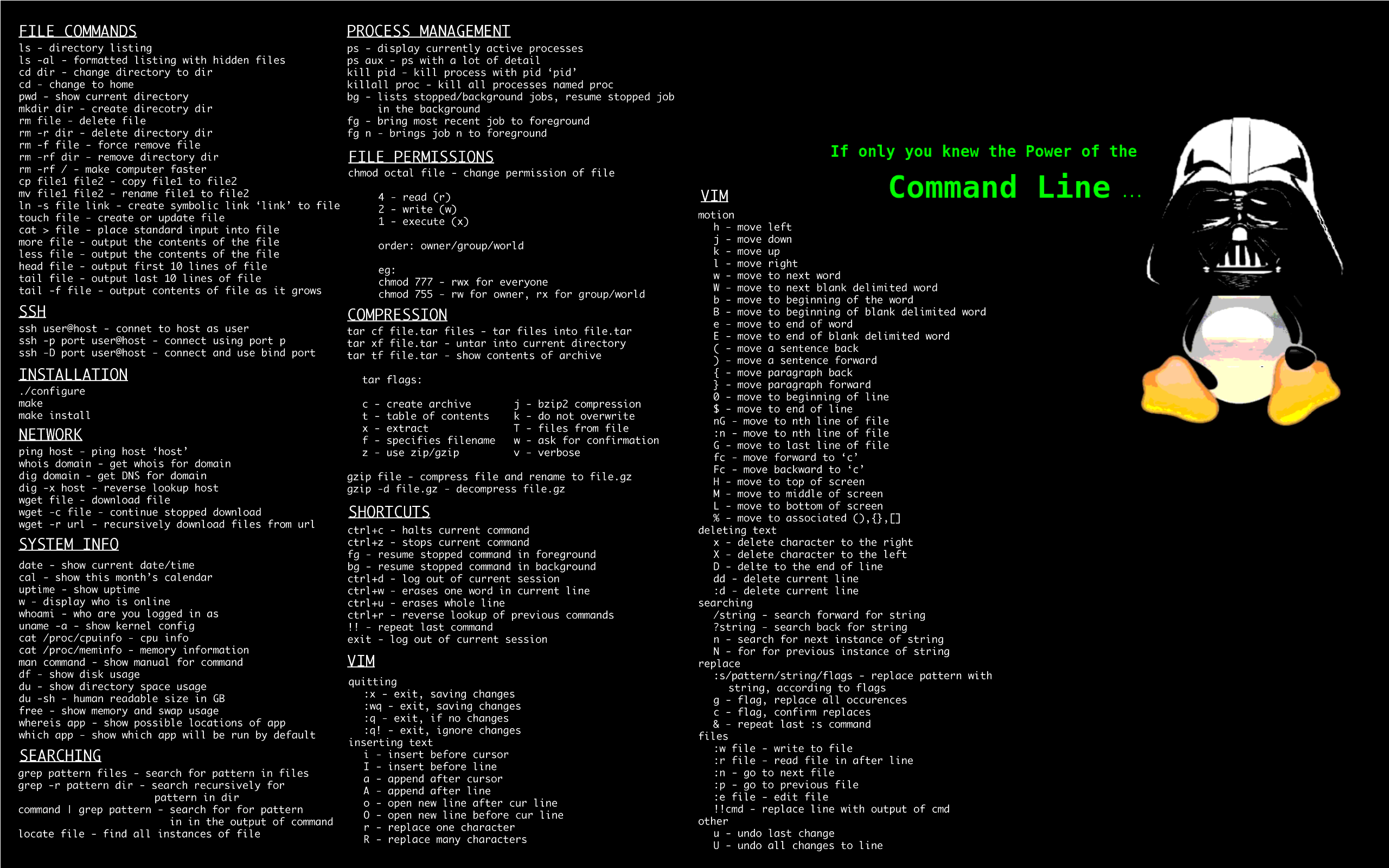I have been using Linux since the early 90s. I don't know it all. I read man pages. I use -h or --help. I read the arch wiki. I read docs. I read source files and examples. Lots of reading. You will never know it all. There is too much information.
You need to know how to find information. It can be tricky. Knowing how to ask the right questions often requires you to know a bit of the answer.
Stumbling about trying to find answers is training the skills you need.
I think it helps if you have a programming background and IT support experience. Not just because you will understand more concepts and terms but because you have already developed some of those skills but some people come from other backgrounds and pick things up really quickly because they have well developed research skills.
